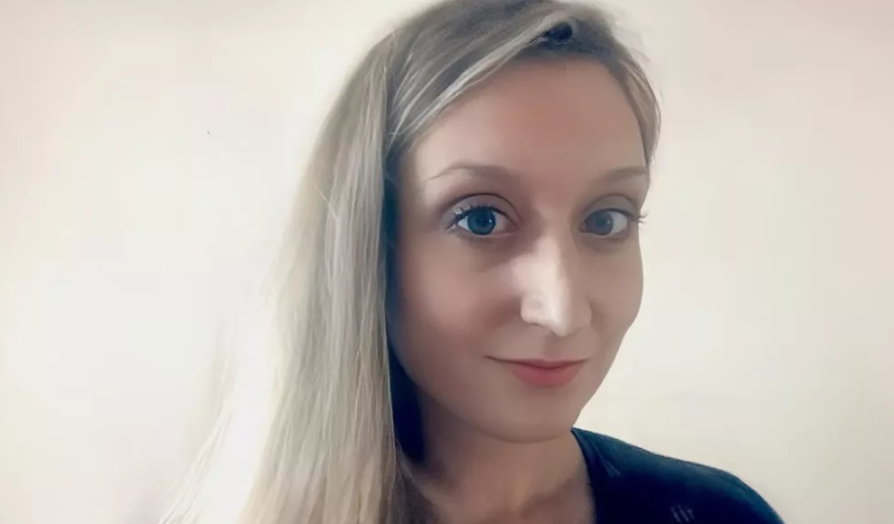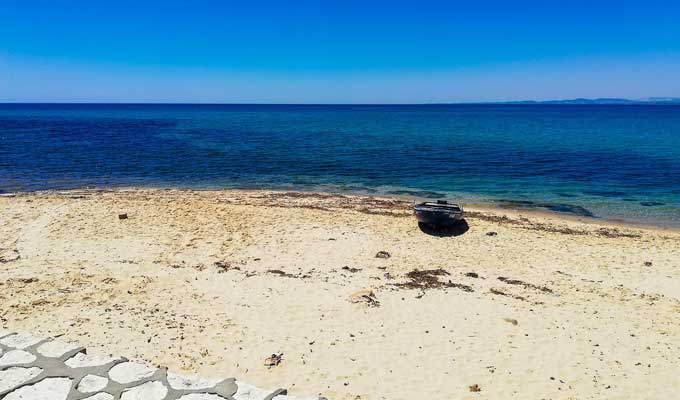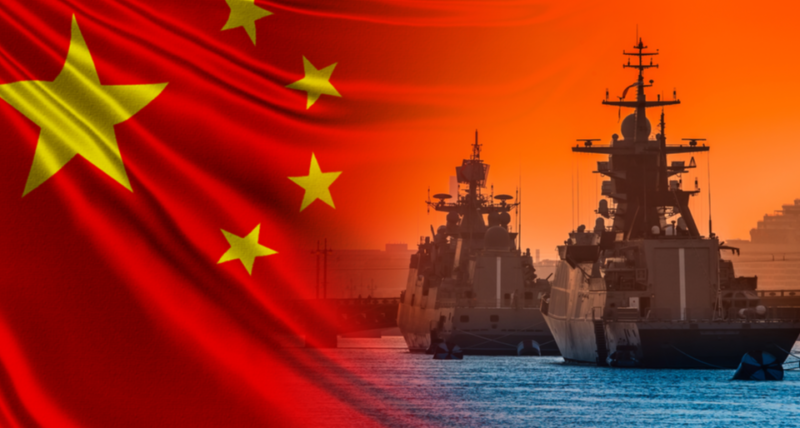Sourced from marine ecosystems, blue carbon is carving out a place in climate finance. It could become a tool for negotiation and diplomatic realignment, potentially reshuffling the deck between the Global North and South, and even within the Global South itself, explains Adeline Pilon, a sustainable finance expert. A co-founder of the UN-partnered Elyx Foundation, she implemented the first certified blue carbon credit program in the Mediterranean and is working on other ecosystems worldwide.
Blue carbon, derived from mangroves, seagrass meadows, and salt marshes, is at the heart of a geopolitical shift. Countries long on the periphery of the global economy are seeing their natural wealth revalued on international markets. In Southeast Asia, Thailand holds nearly 240,000 hectares of mangroves, Vietnam 347,000, the Philippines 250,000, and Indonesia possesses a majority share of global resources with over 3 million hectares. These vast areas are no longer just ecosystems; they are becoming strategic assets, essential in the fight against climate change.
An Unprecedented Lever for Coastal Nations
These marine ecosystems—which also serve as fish nurseries and natural barriers against coastal erosion—are now emerging as strategic assets for the ecological transition. Their valuation on carbon markets offers coastal nations an unprecedented lever for financial autonomy, allowing them to fund their climate transition while asserting their role on the diplomatic stage. The opening and structuring of these carbon markets marked a turning point. Indonesia launched its market in 2023 and plans to designate 17 seagrass habitats as « national strategic areas, » Thailand has accelerated its efforts since 2024, and Vietnam plans to launch its market in 2025.
This momentum towards a global carbon market is accompanied by a broader diplomatic realignment: in the summer of 2024, Singapore and Thailand signed the first bilateral agreement for the implementation of Article 6 of the Paris Agreement (the eighth such agreement concluded by Singapore worldwide and the first with an ASEAN country). This agreement authorizes cross-border transfers of carbon credits—Internationally Transferable Mitigation Outcomes (ITMOs)—with corresponding adjustments to prevent double counting. Thailand had already paved the way for « carbon transactions » with Switzerland in 2024. The Swiss Confederation financed the electrification of 2,000 public buses in Bangkok to secure a reduction of 500,000 tonnes of its CO2 emissions by 2030.
Towards a Global Carbon Market
These agreements confirm the emergence of a global carbon market, initiated in Dubai at COP28 and consolidated in Baku. This market relies on a centralized system for registration, verification, and offsetting, and is giving rise to new climate investment routes, where North-South, South-South, and even North-North flows are redrawing the map of economic alliances. Carbon valuation has the potential to enrich Global South countries in two ways: by monetizing their natural sinks to achieve net-zero goals, and by reconfiguring international relations through new financial and technological transfers.
France is also rich in blue carbon resources. In the Mediterranean, its seagrass beds play a fundamental role: sediment stabilization, biodiversity support, erosion protection, and water purification. The Elyx Foundation chose this region to issue the very first certified blue carbon credits for the Mediterranean at the UNOC summit in Nice last June. But France also holds immense resources in its overseas territories, where no project has yet been certified. From French Guiana to French Polynesia, the Antilles to Mayotte, Reunion Island, and New Caledonia, France possesses territories rich in mangroves (nearly 80,000 hectares, 73% of which are in French Guiana) and seagrass beds. This marine potential could represent a strategic alternative for France, facing budgetary constraints and in search of structural and innovative territorial solutions.
Certification: A Soft Power Issue
Carbon credit certification is much more than a technical process: it is the cornerstone that guarantees the credibility and real value of projects on global markets. Mastering this certification means controlling the quantity and quality of credits sold, and thus the integrity of the carbon market itself. Today, the market is dominated by two Anglo-Saxon private standards, Verra (US) and Gold Standard (Switzerland), which set the rules of the game and influence the distribution of funding. While this dominance exists, nothing is set in stone. The carbon ecosystem is still under construction, and new labels can still emerge and establish themselves in international governance. Because retaining control over certification ensures a central role in the new climate economy of tomorrow, acting as a guarantor of the environmental quality of projects and amplifying one’s economic and diplomatic influence on the international stage.
For France, it is therefore strategic to strengthen its Label Bas Carbone (Low-Carbon Label), which already includes a specific methodology for Mediterranean marine ecosystems, notably seagrass beds. This national standard must become a regional, or even international, benchmark to avoid dependence on foreign certifications that can skew project valuation and limit French influence. Controlling certification rules ensures a reliable and fair market, attractive to investors. The proliferation of uncoordinated, competing standards could cause market distortions, undermining investor confidence and opening the door to opaque practices or fraud. Finally, on the diplomatic front, promoting and exporting the Label Bas Carbone represents a powerful lever of soft power. In the Mediterranean, where 22 states share similar environmental challenges, disseminating this standard fosters enhanced cooperation while amplifying French influence in regional climate governance. The Elyx Foundation is opening collaborations with other territories to adapt the French framework to local climatic, geological, cultural, and regulatory realities.
Source: warm




